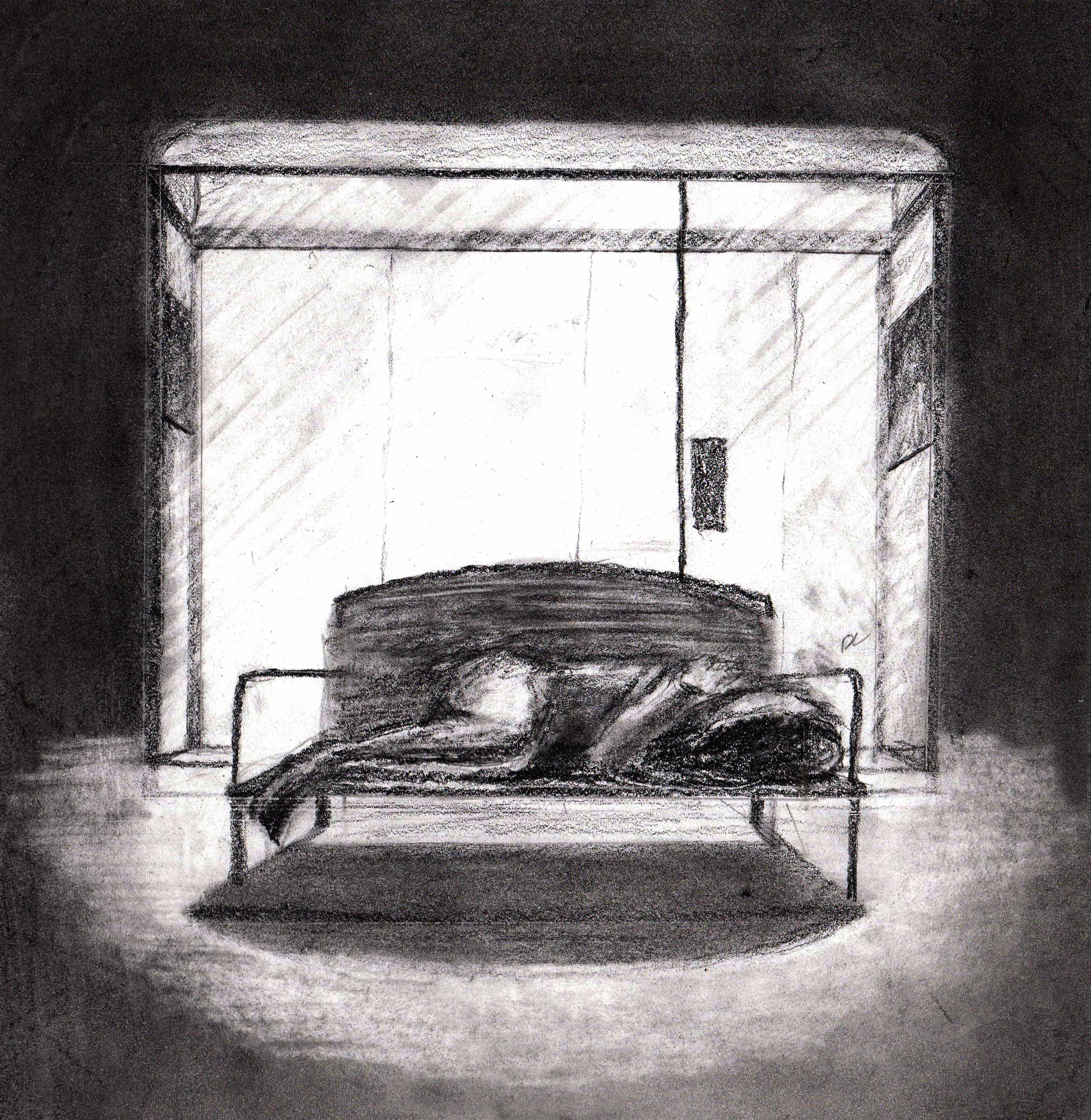This year’s winter has been something of a dream for many Winnipeggers, with temperatures remaining surprisingly high considering the morbid report earlier in the year that predicted a gruesome winter. But as the wind chill dipped below -25 C this week, we were quickly reminded of frigid winters past.
For many Manitobans, cold days require some extra layers, plugging in the car or maybe avoiding any extra trips outside, but for those experiencing homelessness, the freezing winter makes daily life dangerous and even life-threatening.
People living without a home or a safe place to sleep face the same extreme conditions each year, but this winter, virtually all of the public spaces they might have popped into to warm up are closed due to COVID-19.
Our community members who have nowhere to go during the winter months of the COVID-19 pandemic are in dire need of the basic human right to safe shelter.
As temperatures decrease, it’s important that all Winnipeggers consider what they can do as individuals that could ease the struggle of our community members living without a home. It’s also crucial we understand and advocate for new measures our government must take to continue the fight for affordable shelter for all.
On a municipal level, an active community organization dedicated to easing the difficulties of homelessness is already taking place. For example, in June 2019, the city of Winnipeg committed to working with several stakeholders across the city, including organizations such as End Homelessness Winnipeg.
The goal of the group is to address unsheltered homelessness and encampments in the city. One of the first measures implemented was to redirect 311 calls about encampments and unsheltered people to the organization Main Street Project.
In adopting this strategy, the police are only called in emergencies. All other calls pertaining to encampments or people with no shelter are directed to individuals trained to educate individuals about various stigmas surrounding homelessness.
Efforts to connect unsheltered people to their community have also been made. Policies like this are important in developing person-centred supports for homelessness designed to focus on the needs of individuals experiencing homelessness.
Beyond these measures, community organizers have called on the various levels of government to adopt more strategies in their efforts to ameliorate homelessness.
To end homelessness, prevention is an essential step. There are many transitional periods of a person’s life that may make them vulnerable to homelessness. For example, discharge from a hospital or treatment facility, release from prison or ageing out of the foster care system can leave individuals with no place to go but the streets.
There need to be systems in place that identify people who are at high risk of becoming homeless and provide those people access to a full range of housing options.
In order to assign proper living spaces to people who are in these transition periods or already living without a home, the provincial government needs to increase the supply of affordable housing.
For housing to be considered affordable, the household should spend no more than 30 per cent of their total income on rent. However, individuals receiving employment and income assistance usually spend roughly 87 per cent of their income on rent in Winnipeg.
Due to this crisis, there is an increasingly long waitlist for access to Manitoba Housing. The Progressive Conservative-led Manitoba government, however, have decreased the number of households available while also cutting funds for the Rent Assist program. This has ultimately forced many Manitobans with insufficient incomes into the inflated private housing market, thereby making housing unaffordable. Increasing rates of homelessness in the province is likely a symptom of these negligent policies.
The provincial government needs to focus on making housing affordable in the private sector while also increasing public housing to meet demand.
By doing this, Winnipeg will be able to develop a “housing first model” — giving people somewhere safe to live first and providing treatment once they have the stability of a home — which protects people from ongoing homelessness.
On an individual level, there are many organizations that Manitobans can donate their time or resources to.
Due to ongoing colonial violence, 80 per cent of people experiencing homelessness in Winnipeg identify as First Nations — donating to organizations like Aboriginal Health and Wellness Centre of Winnipeg can help combat Indigenous homelessness and equitably distribute support for the damage caused by settler colonialism.
From volunteering to financial contributions, there are many ways Manitobans can get involved in fighting homelessness in Winnipeg. It’s vital for the health of individual members and the community at large that we continue to address homelessness.
As we continue to bear the cold and windy winter, remember that not everyone has a safe, warm and dry place to reside and escape to. We all have a responsibility as members of a community to consider the living conditions of our neighbours and support them in their struggles no matter the context.


